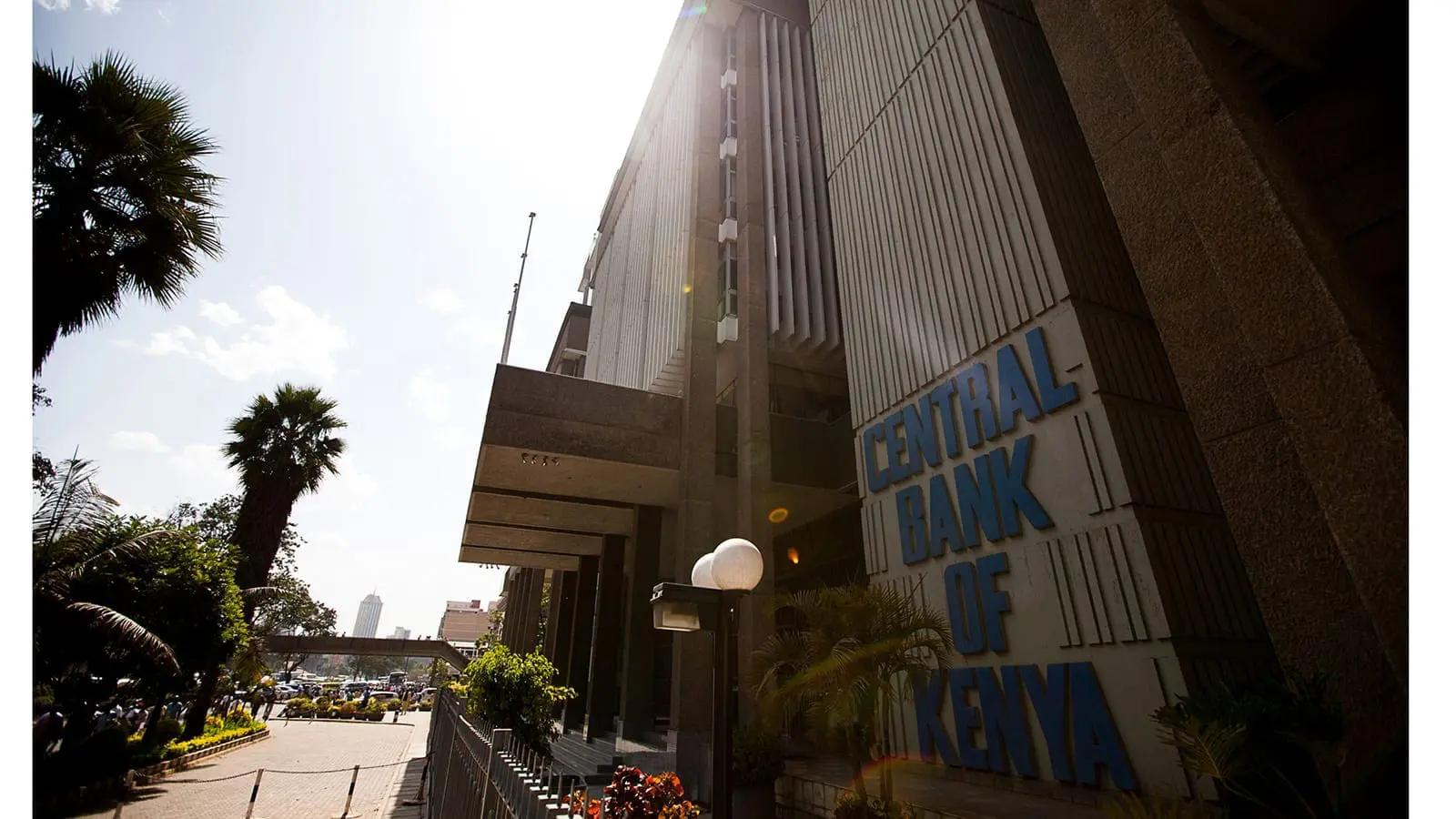Kenya’s Central Bank grants licences to 19 digital credit providers, including Autochek, signalling regulatory scrutiny over predatory lending practices. This move comes one year after the licensing of 32 digital lenders, reflecting efforts to address borrower concerns.
In a bid to curb unethical loan collection techniques, the Central Bank of Kenya continues to meticulously review applications from digital lenders, with only 51 lenders approved so far. This cautious approach underscores the importance of safeguarding borrowers’ interests.
Regulatory Purge of Unlicensed Operators
In 2022, Kenya took decisive action against unlicensed digital lending companies, forcing them to cease operations immediately. This regulatory crackdown was prompted by concerns over high-interest rates, personal data misuse, and unethical debt collection practices.
Read also: Kenya Central Bank bans unregistered transfers
Licensing and Oversight Framework
The implementation of the CBK (Digital Credit Providers) Regulations in 2022 ushered in a new era of oversight for digital credit providers. The regulatory framework introduced stringent licensing requirements and data protection laws aimed at enhancing borrower protection and transparency.
Public outcry over the exploitative practices of unregulated digital lenders spurred the regulatory overhaul. The licensing and oversight of digital credit providers were prompted by concerns raised by the public about predatory lending practices and the misuse of personal data.
Following the regulatory changes, over 480 digital lenders applied for licences, highlighting the attractiveness of the online lending business in Kenya. This surge in applications underscores the significant demand for digital credit services in the country.
Enhanced Data Protection Measures
Under the CBK (Digital Credit Providers) Regulations, 2022, digital credit providers are required to register as data controllers and processors with the Office of Data Protection. Additionally, providers must demonstrate the source of their funds to comply with anti-money laundering directives.
Kenya’s regulatory efforts to rein in predatory practices in the digital lending sector demonstrate a commitment to protecting consumers and promoting responsible lending practices. By imposing stringent licensing requirements and enhancing data protection measures, authorities aim to foster a fair and transparent digital credit ecosystem for all Kenyan borrowers.




